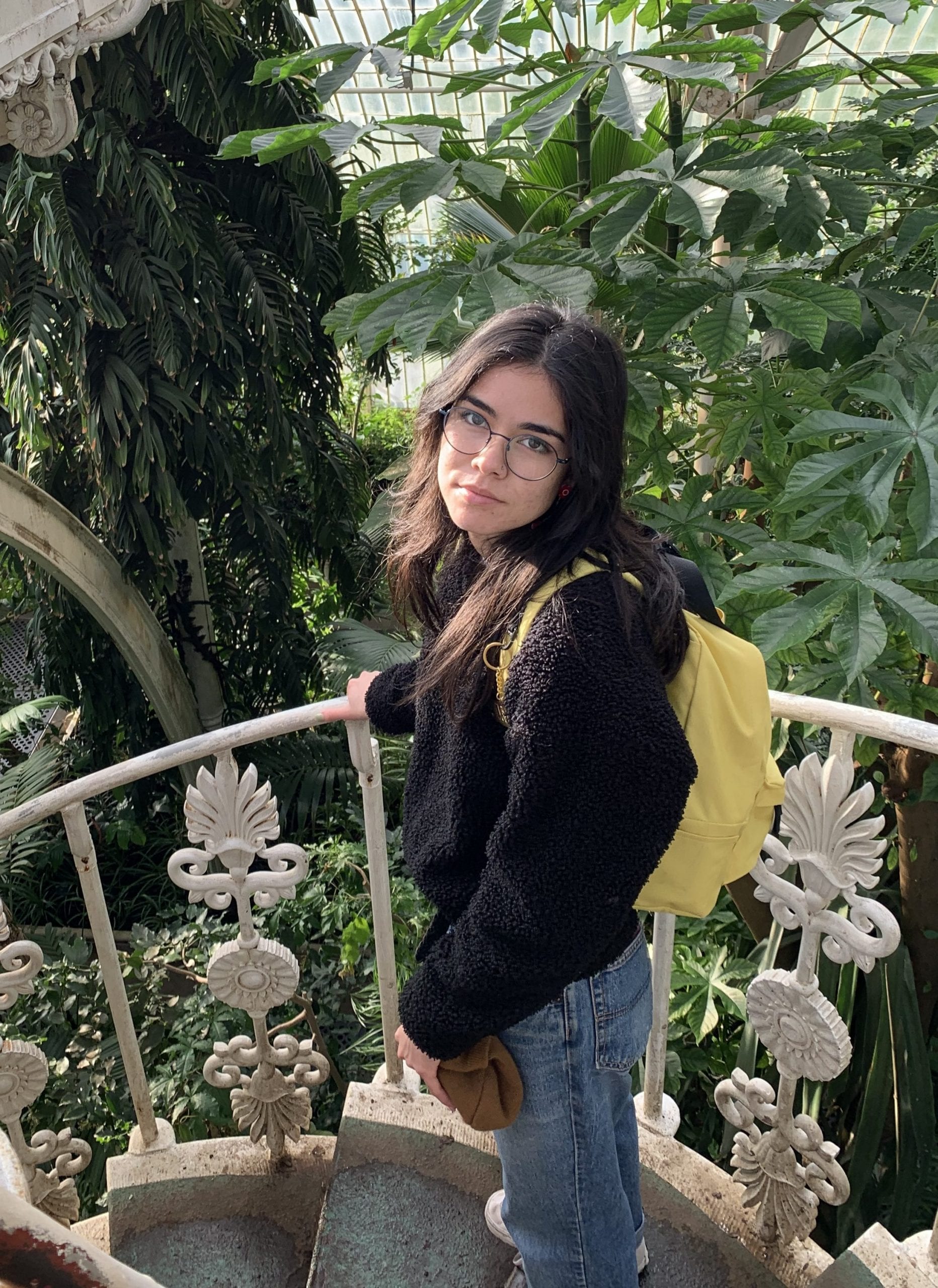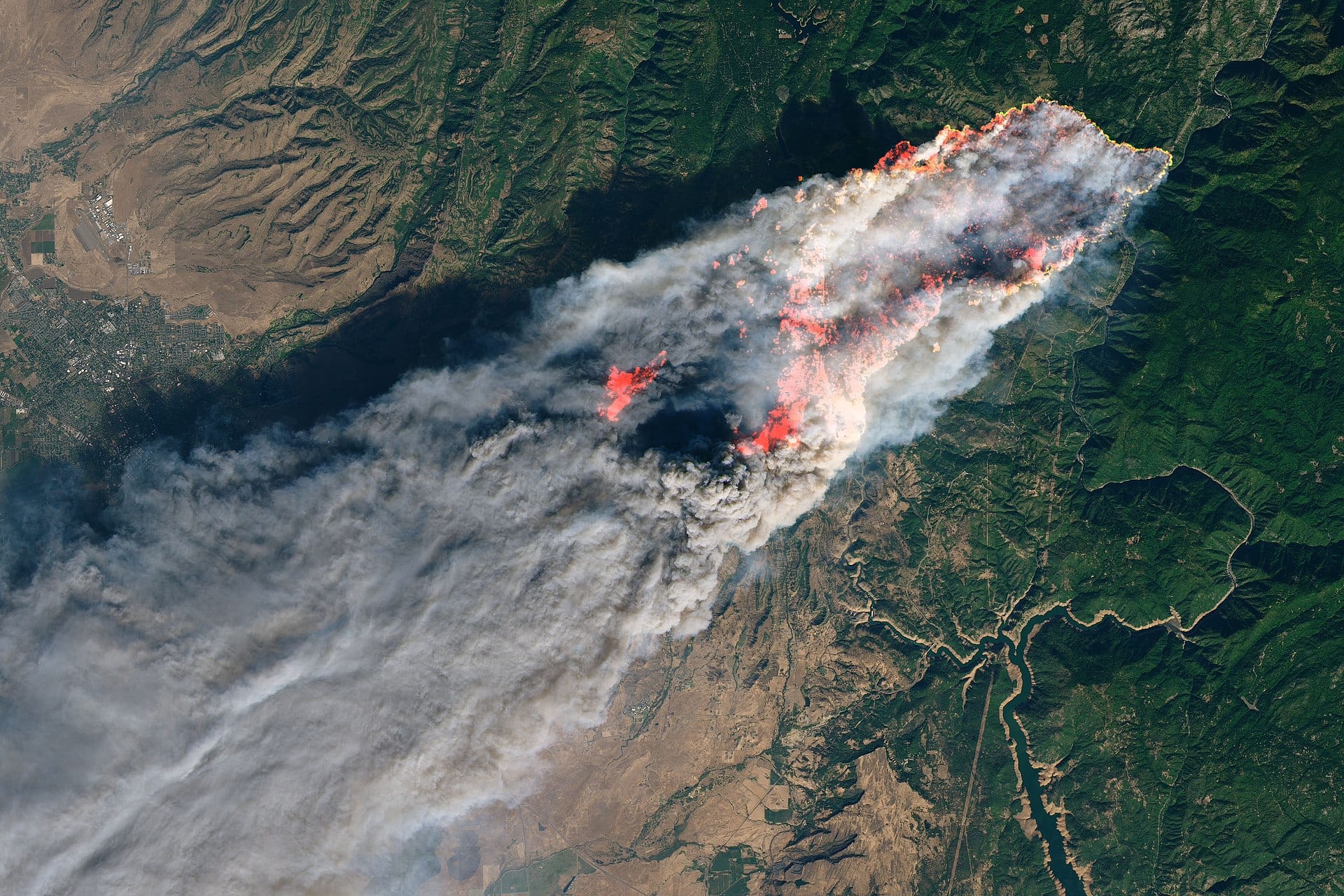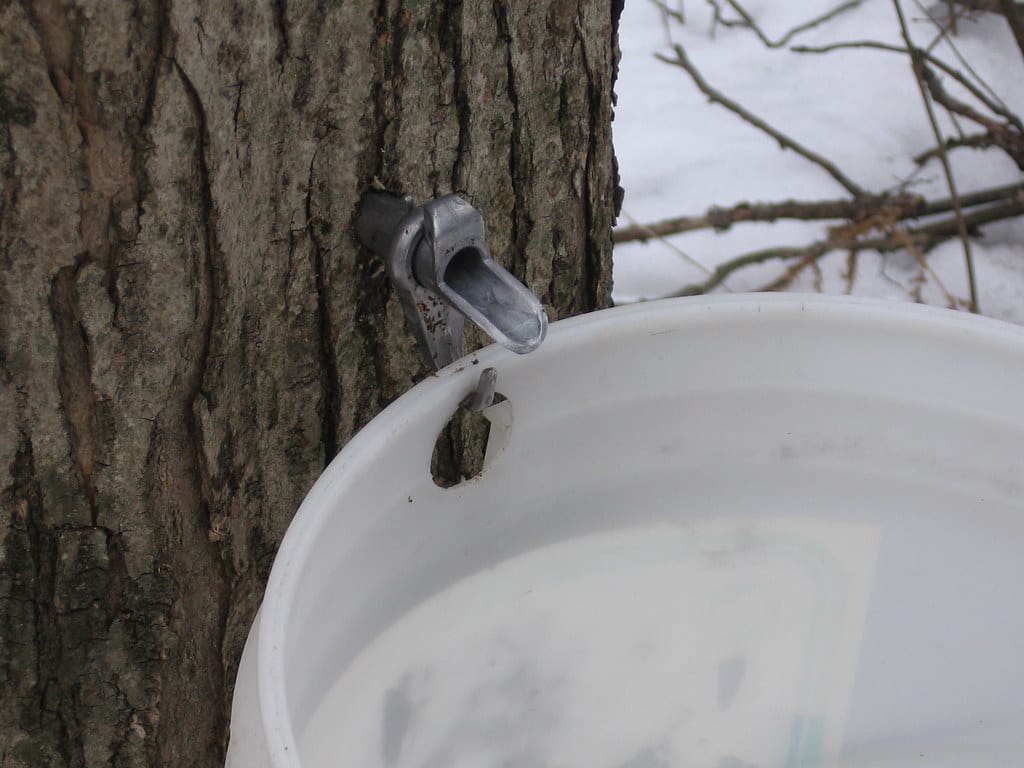Dr. Diana Six is a professor of Forest Entomology and Pathology at the University of Montana. Dr. Six's work focuses on bark beetles, their symbiotic fungi, climate change, and what these factors mean for forest health. Her work has received the attention of the media and she has presented at TedX and has been featured on National Geographic, all while pursuing a master's degree in journalism. Here, Dr. Six and I discuss her path from high school dropout to professor, how to feel hopeful as a scientist in the face of climate change, and the importance of science communication.
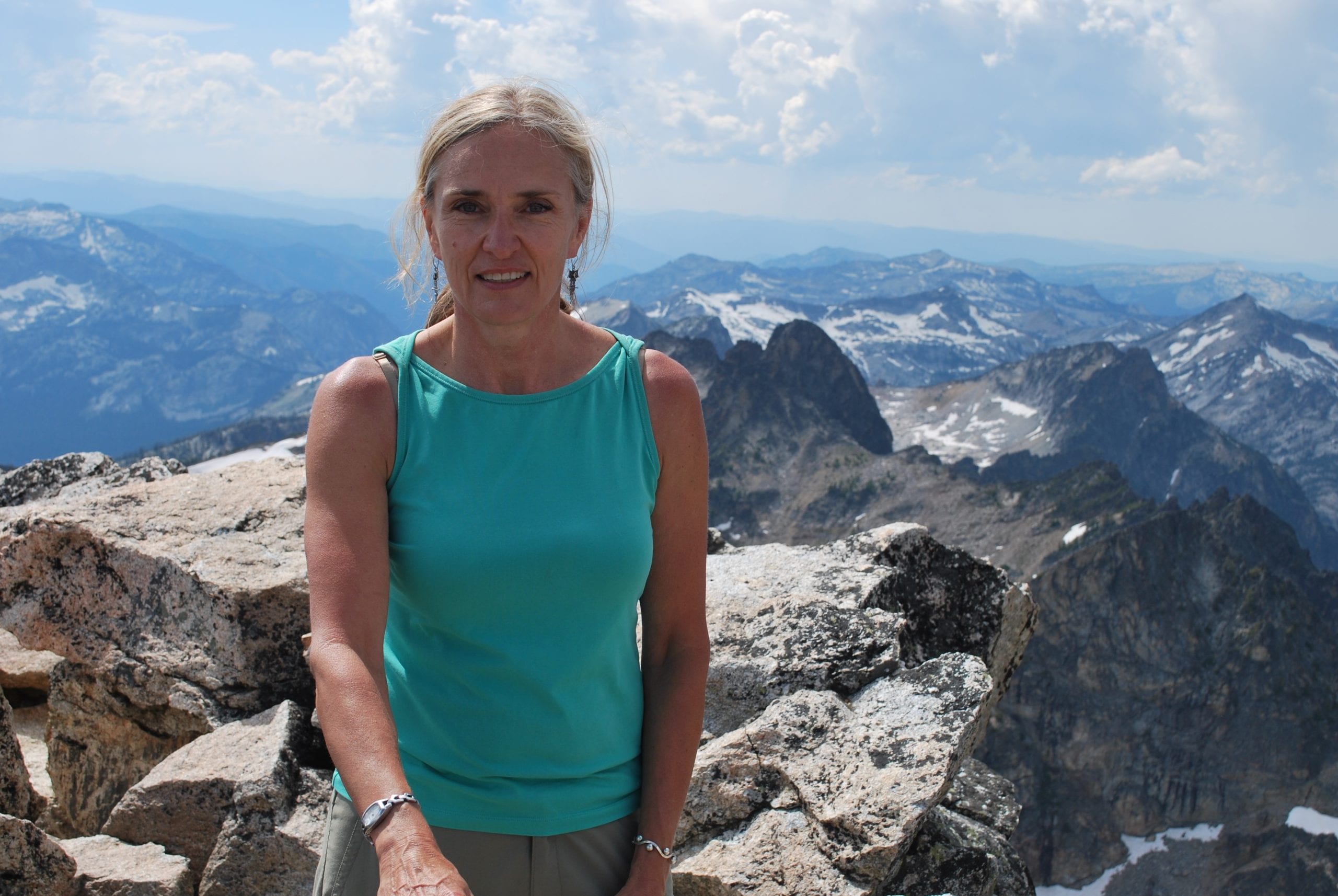
You took a different route to get to academia, can you talk a little bit about that experience?
I think I can describe myself as the accidental tourist in a way. I'm a first generation college student. My mother got through high school and my dad dropped out in the 5th grade – he was virtually illiterate. It was a disruptive and abusive home. I dropped out of high school and spent years drifting and doing drugs. And then, I can't even tell you what happened, but something changed and I decided I couldn't go on that way.
I went to night school to get my high school diploma. Two teachers there took an interest in me and talked me into enrolling at a community college. I didn't really want to go – I was doing it more to make them happy. I enrolled in library science because I couldn't figure out what to do, but I liked books. I took a biology course my first semester and switched majors immediately to microbiology, receiving an associates degree. I went on and got a bachelors in agriculture because I liked bugs – that led me to do a masters in medical and veterinary entomology.
At that point I wasn't sure what to do; I had worked equally on insects and fungi and loved both. In fact, as a kid I had an insect and a fungus collection. I got offered to work on a PhD with bark beetles and fungi, and went ‘Oh god, this is perfect!'
In the end, do you think your non-traditional route helped you become a better scientist?
Maybe. I have a deadly realism when I look at the world – I have a very critical eye. I think in ways it has helped, but in other ways my background really held me back. I had to really fight to get out of being insanely shy with no confidence and I still suffer badly from imposter syndrome – I don't think that ever goes away. So it was a struggle, but I think it's made me a better scientist. It took me a lot longer to get here, but I got here.
[The non-traditional route] helps me advise students. In Montana at least, we get a lot of first generation students and it helps me talk to them. It also helps me talk to students that have been growing up in an abusive home and have had a rough start. They can kind of see if I made it, they can do it too. So, it's helped me be a good mentor as well.
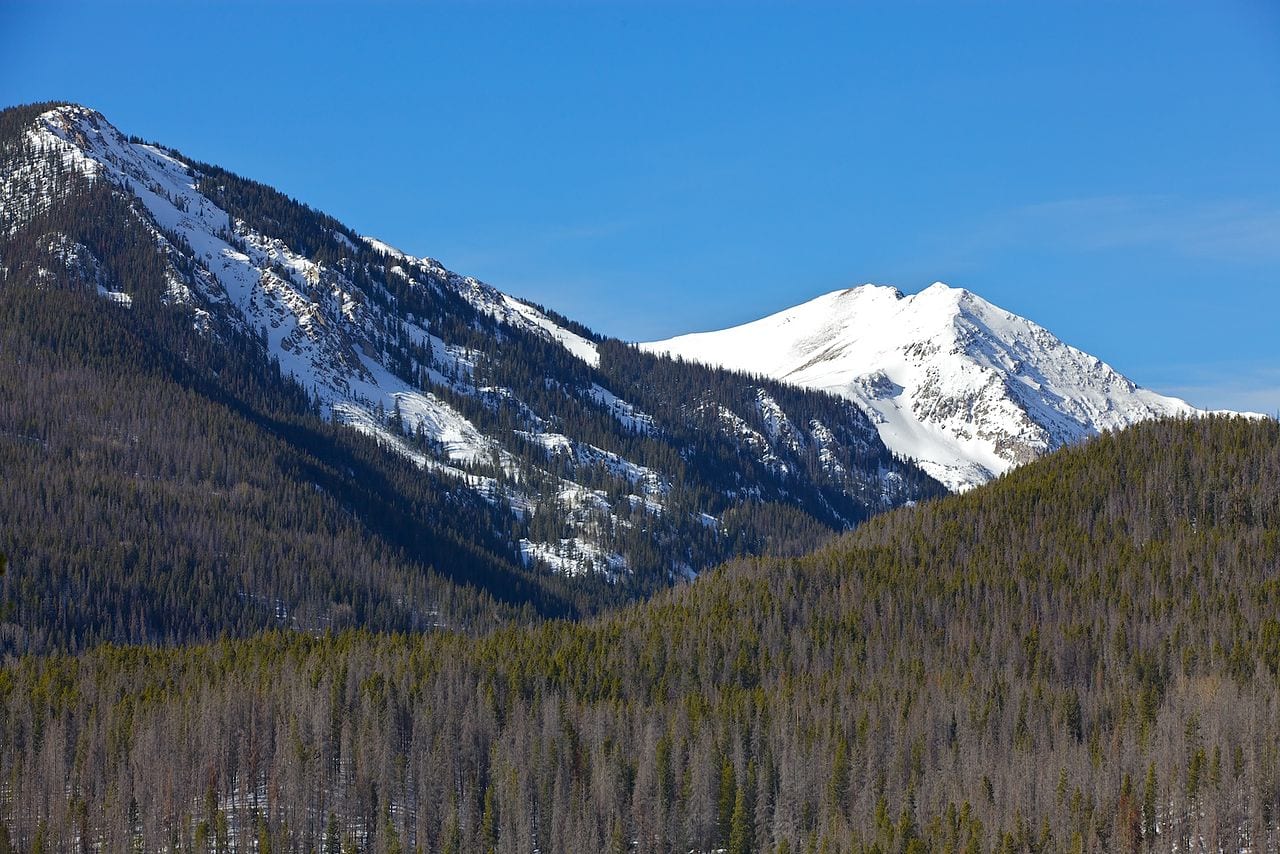
You have a very impressive record of science communication. I was wondering how you got into science communication and how you balance it with your research?
I've always been interested in improving science communication. At first it was to other scientists – there were papers that I knew had cool stories, but those stories were certainly hidden well. I wanted my papers to narrate what was actually happening. Then, bark beetles began to be a big thing and became quite political, so I was getting interviewed a lot. It was a pretty unsatisfactory interaction for me and the reporters – I didn't know how to talk to them. Consequently, I wasn't communicating well and wasn't very happy with what they reported, although a lot of it, I soon realized, was my fault. So I started talking to journalists, looking more at how they operate so that I could interview better and start preparing in a different way.
Then I did something really crazy. Six years ago, I enrolled in a journalism program for a masters and I'm finally getting there. I've got one more class and am putting my thesis together! I realized in order to be really good at [science communication], I had to do more than take a two-hour workshop.. Now I've had to go out and do the reporting, actually work as an editor in a magazine, and do all sorts of things. I feel like I can write better, I can interview people better, and I can make better products.
But now at least when people interview me, I know how to tell them a good story that journalists can report accurately. They don't have to piece together jumbled stuff that I give them – you can lead them into the bigger story.
As a journalist, do you have any tips on how to efficiently communicate your research for graduate students?
We always tell linear stories as scientists: this is a question, this is how we're looking at it, this is what we found, this is what it means. That's not how you talk to a journalist; they just want to hear the end. And they need it in fairly jargon-free, short, clear, concise sentences. We have a tendency to talk in very long sentences and go on and on and on to explain one little thing, which is what I'm doing right now.
It's hard to gather your thoughts if you go into this cold. If you can get an idea, briefly, of what they're going to ask you about, it's good if you have time to sit down ahead and put together soundbites. These are little short sentences that make clear what's happening and it's always good to have some metaphor in there. So if you want to make a point, use some kind of cool visual term that will make it kind of interesting.
There's a book, Escape from the Ivory Tower by Nancy Barron, which is a way for scientists to learn to communicate with the media – it's an awesome book. There's one page in particular in there called ‘The Message Box.' If you do nothing more than to use that page, you'll become a better communicator for science. In one of my journalism courses, they had us use this and now I never go into an interview without filling out a message box ahead. In fact, I have a whole stack that I pull back out, depending on what I'm doing. I would recommend that for any grad student or academic that wants to do interviews that they start with that message box approach. It's really powerful.
Where do you see the field of science communication going?
All people going into science should learn good science communication skills. I don't think everybody has to get a degree in journalism, but developing that as a skill is crucial.
One of the reasons that science has lost credibility is that people don't understand it – they don't hear about the science that's being done. If scientists were communicating what they're finding and it's value more often, then appreciation for science would be stronger and people would see the value of it in their lives. Even for people who are communicating about climate change – if you don't understand your audience, the communication isn't going to happen. So, learning how to be a good communicator of science is crucial and I think all graduate students should be doing some aspect of it. It should just become a natural part of training.
Life of Pine featuring Diana Six from CJ O’Flair on Vimeo.
Your twitter bio says, “Climate change is real – just ask the bark beetles and pretty much all of nature.†Do you have a go-to spiel about climate change for those who deny it or aren't so familiar with it?
I do it by examples that affect their lives. People don't really become concerned unless it's affecting something that's very real and important to them. I think about what community they live in and what kinds of things that they do that are important to them. Then I'll point out things that have likely changed in their lifetime that they can see. They often start to understand; then you can build on why those things are changing and how that could influence them. I can't tell someone, ‘You need to worry about this because of polar bears.' That makes them go ‘Oh I like polar bears and that's a bummer,' but it's not going to affect them in their heart. So for me, when I give talks or meet with people, I try to bring it to the effects that are in their lives.
Do you have any advice to give to new scientists who feel unhopeful about the future in the face of climate change?
This is the toughest time to be an ecologist. Ecologists study interactions between species but we're seeing these interactions changing. They're either being torn apart or enhanced. It's not only just sort of depressing to see ecosystems you study begin to change and fall apart, and extinctions increasing, but this makes it increasingly difficult to study just basic questions.
My advice is, if you're an ecologist and that's what you want to do, there's probably no more of an important time for you to be one. The information that you can gain right now has such added value and importance and I think you can make a major difference like never before.
To hear more from Dr. Diana Six, you can follow her on Twitter or visit her lab website. To learn more about the mountain pine beetle outbreak and her work on it, you can check out her interview here.
About the Author
Simone Lim-Hing is a postdoctoral researcher at the University of Georgia Warnell School of Forestry and Natural Resources studying the host response of loblolly pine against pathogenic fungi. Her main interests are chemical ecology, ecophysiology, and evolution. Outside of the lab and the greenhouse, Simone enjoys going to local shows around Athens, playing Mario Kart, and reading at home with her cat, Jennie. You can reach Simone at simone.zlim@uga.edu or on twitter @simonelimhing. More from Simone Lim-Hing.
- Simone Lim-Hinghttps://athensscienceobserver.com/author/simone-lim-hing/March 11, 2024
- Simone Lim-Hinghttps://athensscienceobserver.com/author/simone-lim-hing/March 18, 2021
- Simone Lim-Hinghttps://athensscienceobserver.com/author/simone-lim-hing/April 1, 2020
- Simone Lim-Hinghttps://athensscienceobserver.com/author/simone-lim-hing/

